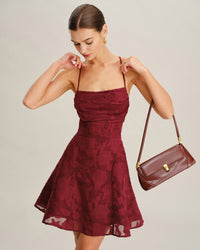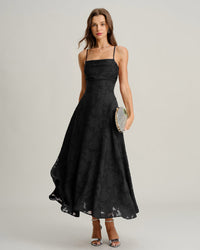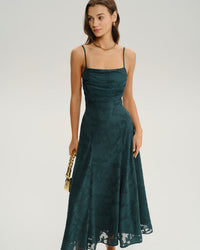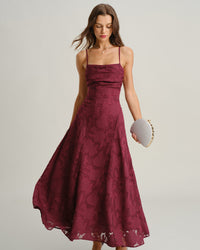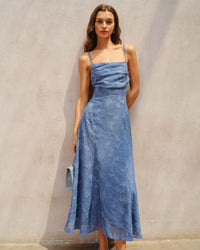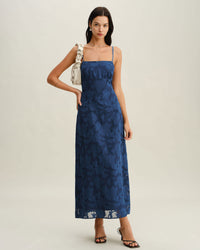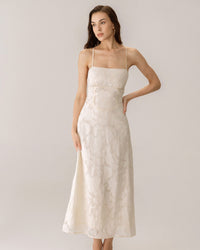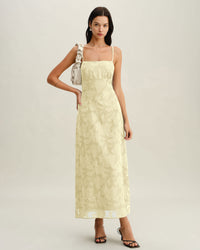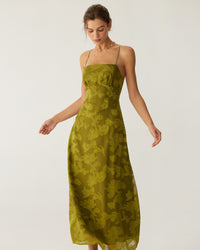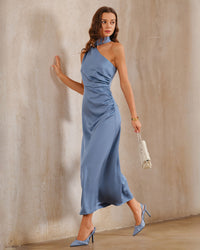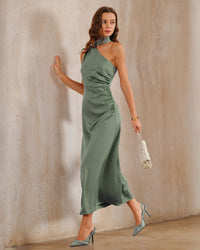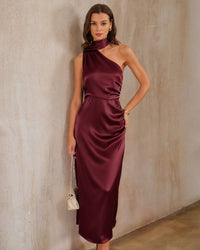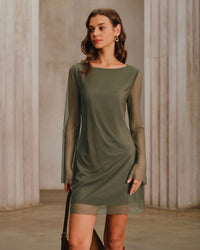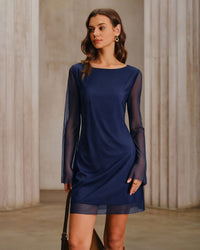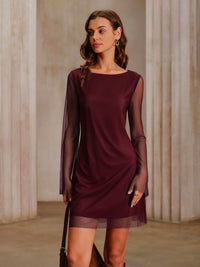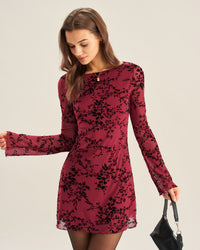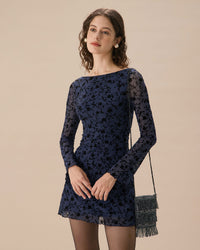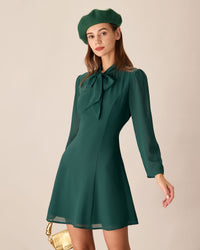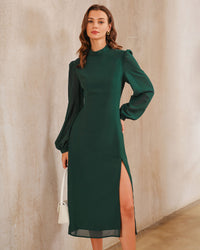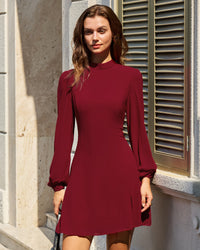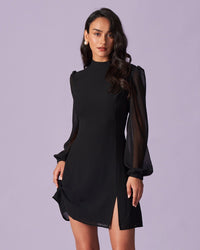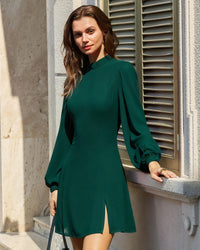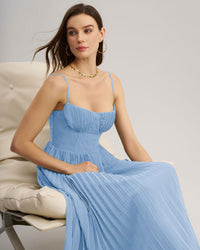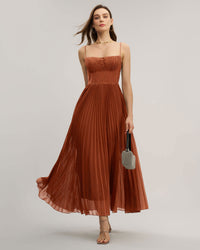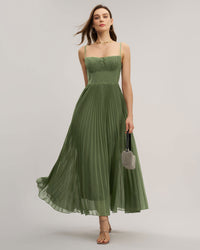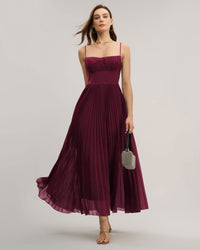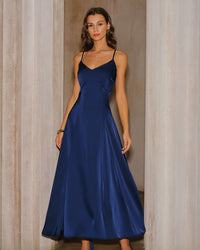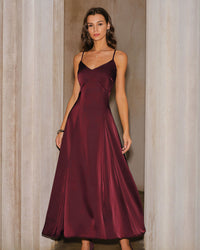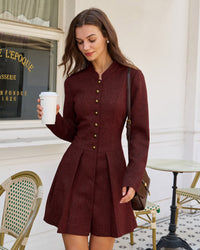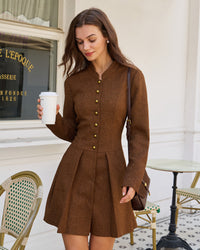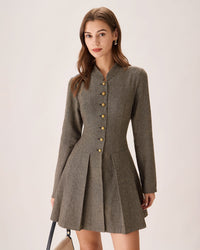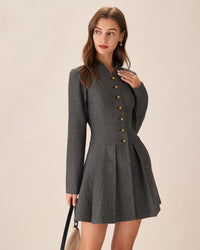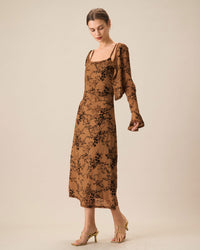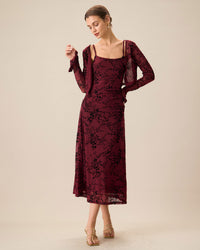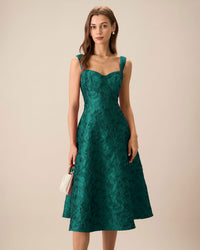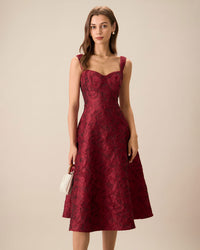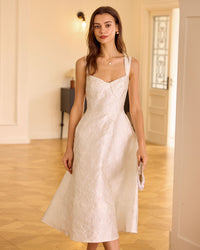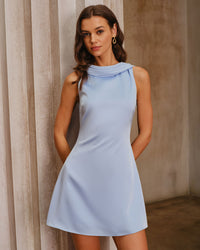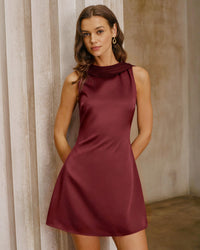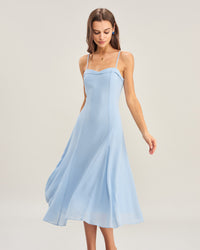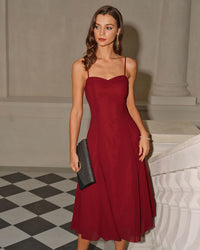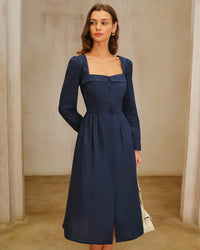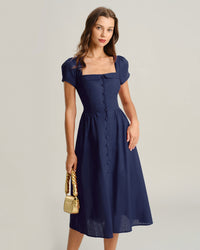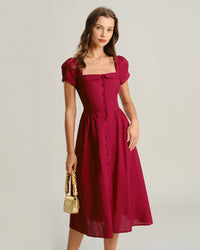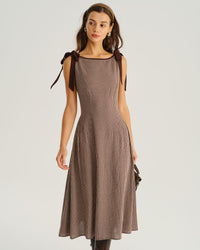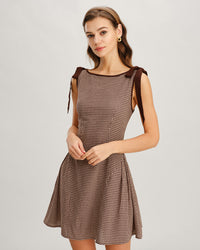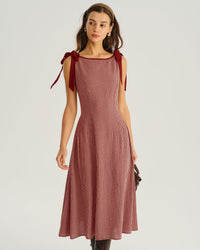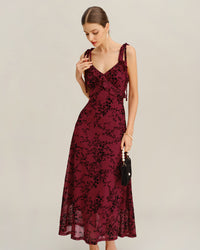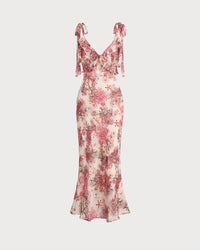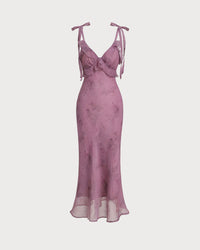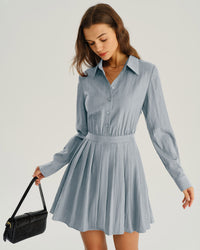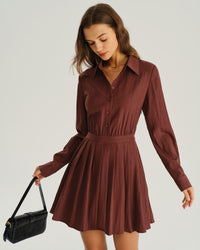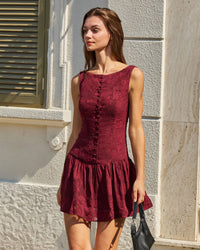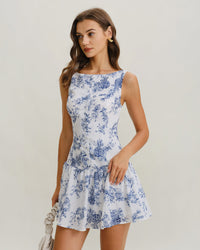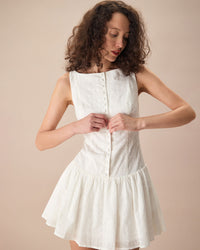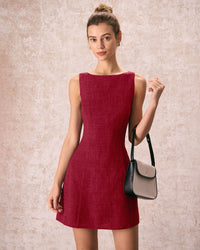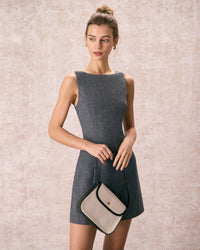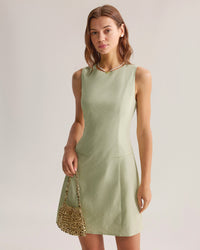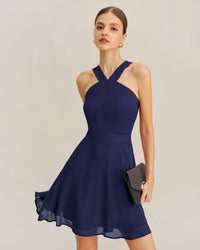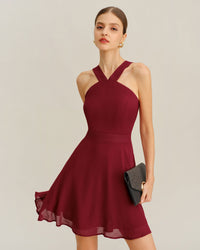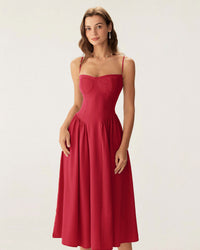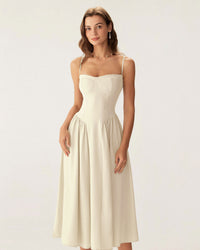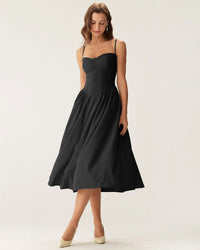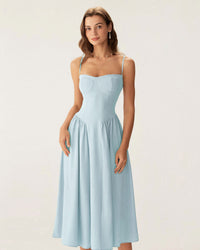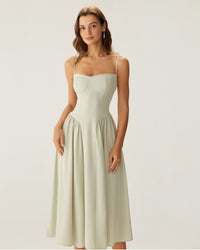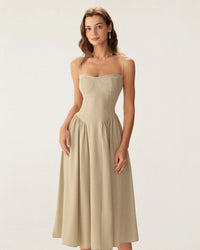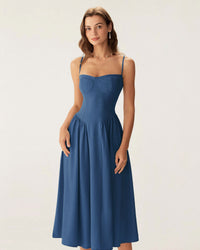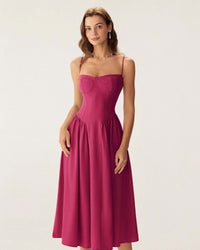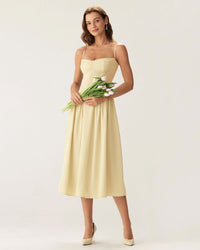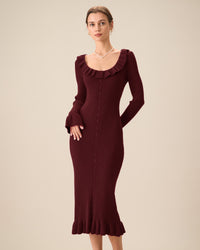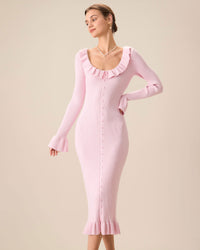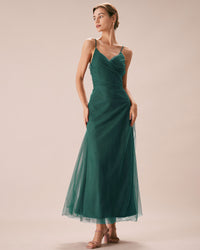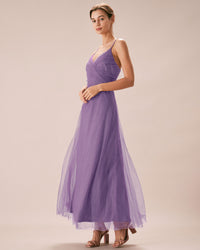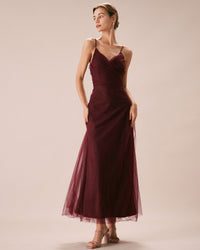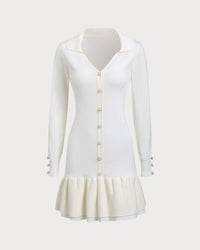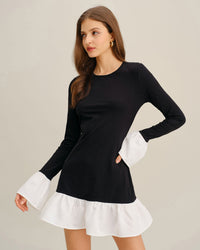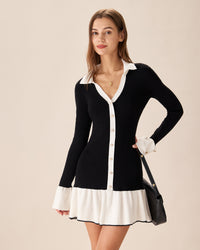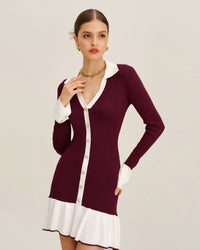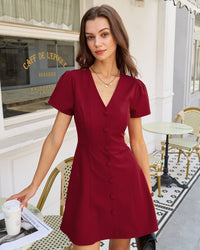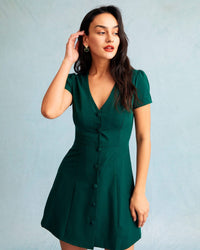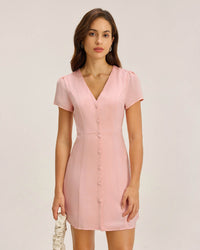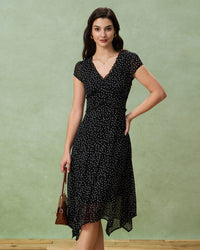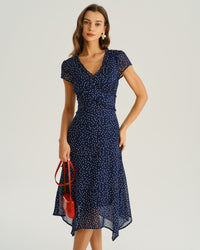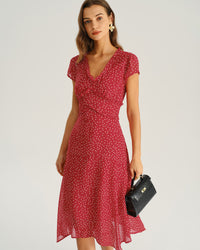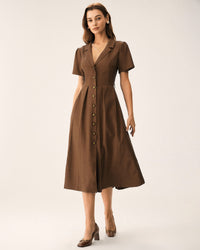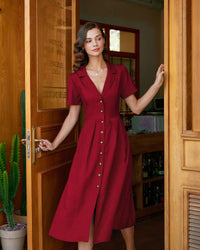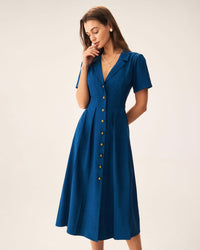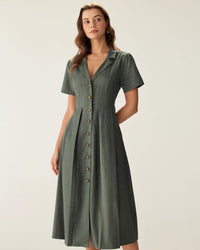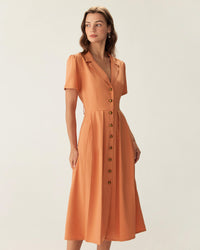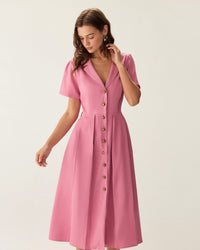Red Dresses
Discover the Perfect Red Dresses for Every Occasion
A red dress isn't just an item of clothing; it's a decision. It’s the most-looked-at piece in any room. But there's a fine line between "show-stopping" and "trying too hard." We understand that.
That’s why our red dresses are built differently. It’s not just about the color; it's about the fabric and the cut. A cheap, shiny red looks exactly that—cheap. Our red dresses are engineered for sophistication.
It Starts with the Fabric
We don’t just choose "red." We obsess over the shade and texture:
-
For Evening: Our satin and silk dresses use a low-sheen, heavier-weight fabric. Why? It absorbs light more beautifully than high-sheen satin, which often looks inexpensive and creates harsh flashes in photos. Our reds look rich, deep, and expensive in any light.
-
For Daytime: Our casual red dresses use structured cotton-poplin or crepe. This means the silhouette holds its shape. The dress looks intentional and sharp, not flimsy. The red is a confident statement, not a desperate plea for attention.
Find Your Definitive Red Silhouette
Our collection is curated. We focus on timeless cuts that balance the power of red.
-
Red Maxi Dresses This is full-length drama, but it requires movement. A red gown that's stiff is a costume. Ours are cut from flowing fabrics—often with high, but tasteful, slits—so the dress moves with you. The elegance is in the motion.
-
Red Midi Dresses This is the modern power uniform. It's the perfect length for a wedding guest or a high-stakes board meeting. We cut our midis to hit at the slimmest part of the calf, creating a universally flattering line that works perfectly with heels or flats.
-
Red Mini Dresses A red mini can be chic, not just "cute." The secret is balance. We pair a short hemline with a more modest top, like a long sleeve, a crew neck, or a structured shoulder. It’s a statement, but it’s a sophisticated one.
The New Rules for Styling Red
Red is a primary color, but styling it can be tricky. Here’s how we do it.
Go Beyond Black: A red dress with black shoes and a black bag is predictable, and can sometimes look dated.
Try This Instead: Pair your red dress with tan, cream, or rich cognac brown. These neutrals are modern, fresh, and make the red feel more sophisticated and less aggressive.
Embrace Unexpected Pairings:
A bright, fiery red looks incredibly chic with navy blue.
A deep wine or burgundy red is stunning with olive green.
For Jewelry: Keep it Simple. A red dress is the main event. Let it be. Pair it with simple, delicate gold or silver jewelry. Let the color and the cut do the talking.
FAQ
What body types look best in a red V-neck dress?
A red V-neck dress flatters most body types, especially those with broader shoulders or a fuller bust. The angled neckline draws the eye inward, creating the illusion of a longer, leaner silhouette. It's also a great choice if you want to highlight your collarbone and elongate the upper body.
What’s the difference between wine red and classic red?
Wine red has a deeper, more muted tone—perfect for formal occasions, cooler months, or when you want understated sophistication. Classic red is brighter, bolder, and works beautifully in energetic, festive settings like parties or holidays. Think of wine red as sultry and timeless, while classic red is fiery and iconic.
Are red dresses appropriate for weddings?
Yes—but it depends on the dress and the setting. For formal weddings, a wine red midi or long-sleeve dress is elegant and respectful. For casual or outdoor weddings, a brighter red in a playful cut (like a ruched mini or tie-front style) works well. Just avoid anything too flashy if the dress code is modest.
How can I style a red dress for daytime?
Keep it grounded. Pair your red dress with sneakers, a denim jacket, or a crossbody bag. Opt for lightweight fabrics like cotton or linen, and consider softer shades like coral-red or berry tones. Choose square neck or scoop neck designs for a more relaxed, casual vibe.



